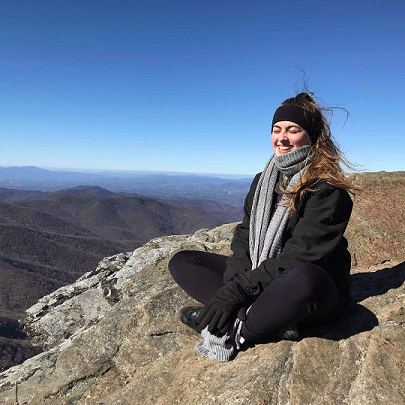The Amazon Rainforest in Brazil has been ablaze for the past three weeks due to record-breaking wildfires, and while low-level fires are commonly seen in the forest during the dry season, fires of this magnitude aren’t common in any way and can only be linked to one cause- humans.
In the past week alone, more than 9,000 fires have been burning in the forest. According to the Brazil National Institute for Space Research (INPE), this is only a sliver of the 72,843 fires that the forest has seen this year alone- an 83% increase from 2018.
Brazil’s President, Jair Bolsonaro, has said that he is skeptical of the INPE’s data, and has since replaced the head of the INPE with an Air Force Officer.
Bolsonaro is placing the blame for the wildfires on non-governmental organizations, saying that they’re using these fires as a way to make him look bad. There is currently no evidence to back his claim.
Farmers commonly start fires in order to clear land for cattle ranching and logging, and this is reportedly how the fires have started. Brazilian farmers recently said that they feel emboldened by President Bolsonaro’s anti-environment stances, leading them to coordinate a “Fire Day” on August 10th as a way to show Bolsonaro that they agree that deforestation is the way to create more work for Brazil.

Photograph: Reuters
Christian Poirier, the program director of Amazon Watch, a non-profit that works to protect the Amazon, said in response to the fires: “This devastation is directly related to President Bolsonaro’s anti-environment rhetoric, which erroneously frames forest protections and human rights as impediments to Brazil’s economic growth. Farmers and ranchers understand the president’s message as a license to commit arson with wanton impunity, in order to aggressively expand their operations into the rainforest.”
Many scientists say that the uptick in deforestation that Brazil has been experiencing in culmination with dry weather conditions has aggravated the fires. Deforestation, a practice that aggravates wildfires and destroys biodiversity, has been on the rise in Brazil as they clear land for agricultural commodities, and the issue has been progressively getting worse as Bolsonaro rolls back environmental protections in an attempt to open the forest for commodity production. Brazil’s dry season has also played a role in sustaining the wildfires, but the roots of them were completely human caused.
Most of the agricultural commodities that are causing this deforestation can be linked to red meat products. The soy that Brazil grows is largely grown to supply China’s red meat market with animal feed, and a lot of land is also cleared to simply make room for cattle ranching.
Environmentalists around the world are raising concern over these wildfires because of the threat they pose to our global ecosystem. The Amazon is not the largest center for biodiversity in the world, but it supplies us with 20% of our oxygen and serves as a sink for carbon. The forest can absorb 2.2 million tons of CO2 in just one year, making it a pivotal factor in averting the climate crisis.
However, the Amazon being on fire will likely aggravate the climate crisis. The fires are causing spikes in CO2 emissions by burning trees, and are destroying ecosystems that serve as pivotal carbon sinks, meaning the forest will no longer be able to absorb as much CO2 as it once did.
Fires like this are part of a large positive feedback loop- these fires aggravate the climate crisis, and then the climate crisis causes more fires like this to happen which will further aggravate the climate crisis and so on.
Environmentalists are calling on concerned onlookers to donate to organizations that are on the frontlines of protecting the amazon, as well as to indigenous peoples and those working to shift political power away from Bolsonaro. They are also encouraging people to stop eating meat and palm oil, and to call on the media and rich businessmen to respond to this crisis in the way they responded to Notre Dame.
If you want to help, consider donating to the Amazon Conservation Team.

Kayla Guilliams
Is the blog manager for Zero Waste Club, combining her love for writing with her passion for all things environmental sustainability. She is currently a student at the University of North Carolina at Chapel Hill where she is studying journalism, environmental studies, and food studies in hopes of building a career in environmental activism. You can find her on Instagram as @kaylaguilliams.
